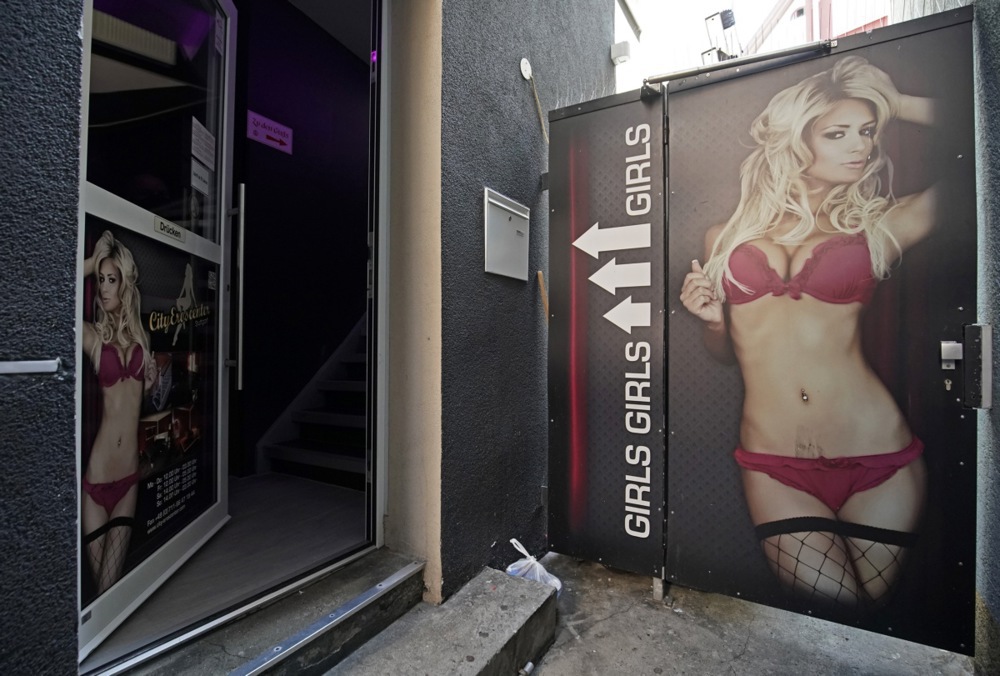The European Court of Human Rights has unanimously upheld a Belgian court decision convicting the Belgian Socialist Union on a charge of blocking roads during a strike.
The criminal conviction was upheld in a January 16 landmark decision which rejected arguments by Socialist Union leader Thierry Bodson the conviction violated freedom of assembly.
The Socialist Union blockaded a motorway during a general strike in October 2015, prevented traffic on a viaduct under construction and causing more than 400 kilometres of queues which lasted several hours.
The trade unionists claimed in Belgian courts the motorway blockade was the work of “thugs” and not orchestrated by their Union, but video images of the event proved their involvement.
After being prosecuted for malicious obstruction of traffic, six union leaders received a one-month suspended prison sentence, and eleven members received 15-day suspended prison sentences. They additionally received fines of up to €2,100.
Prosecutors did not pursue a claim of damage by trade unionists to the highway, and the court dismissed a charge relating to the death of a patient whose doctor was stuck in traffic.
The Socialist Union argued the Belgian court decision infringed their freedoms of expression, assembly, and association.
The ECHR did not agree. In its judgement, the Court observed the applicants had not been convicted for striking or for expressing their opinions.
Instead, they had been found guilty of taking part in traffic obstruction giving rise to a potentially dangerous situation, an offence under the Criminal Code.
Trade unionists remained on the scene despite being aware of the blockade. By refusing to take action to stop it, said the court, they made an essential contribution to the offence of maliciously obstructing road traffic.
Some had even played a “major”, if not “crucial”, role in the blockade, the court noted.
The blockades were “considerably disrupting the daily life and lawful activities of non-participants and creating a dangerous environment for road users,” it ruled.
The court said it could not endorse the argument that the right to strike included the right for a trade union or its members to obstruct public roads without prior permission.
The court concluded that the Belgian courts had based their decisions on an acceptable assessment of the facts and reasons which were relevant and sufficient.
This decision–that no group is above the law, even when engaging in protest–sets a legal precedent not just for Belgium but potentially other European countries. It may lead to stricter regulation of protests and a reevaluation of disruptive tactics used by unions and activist groups across the EU.
Two radical climate activists who threw tomato soup at Vincent Van Gogh’s Sunflowers at London’s National Gallery in October 2022 have received prison sentences. https://t.co/xVldl1mm5n
— Brussels Signal (@brusselssignal) September 30, 2024





